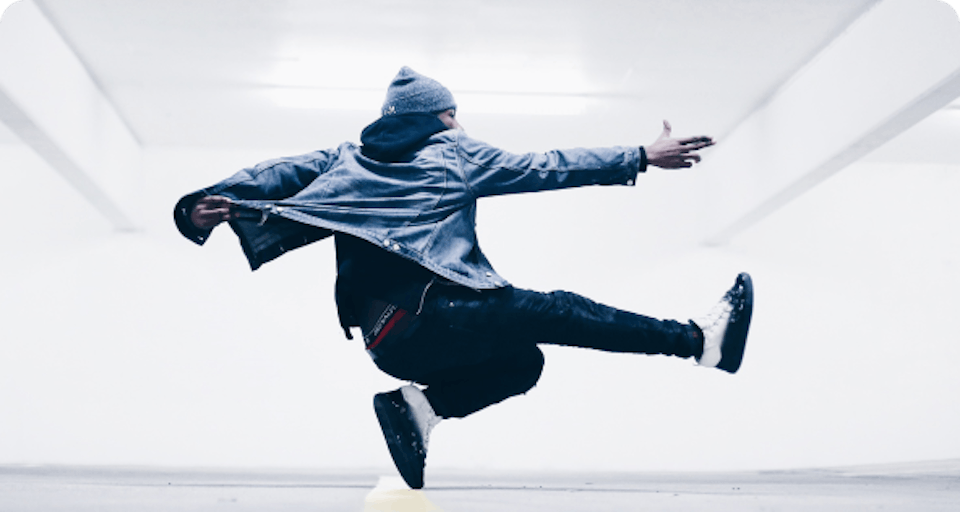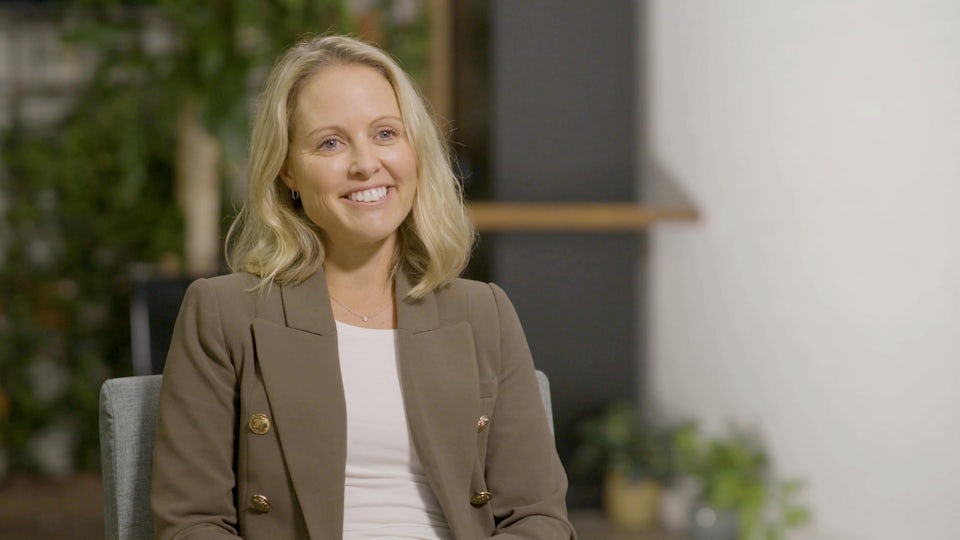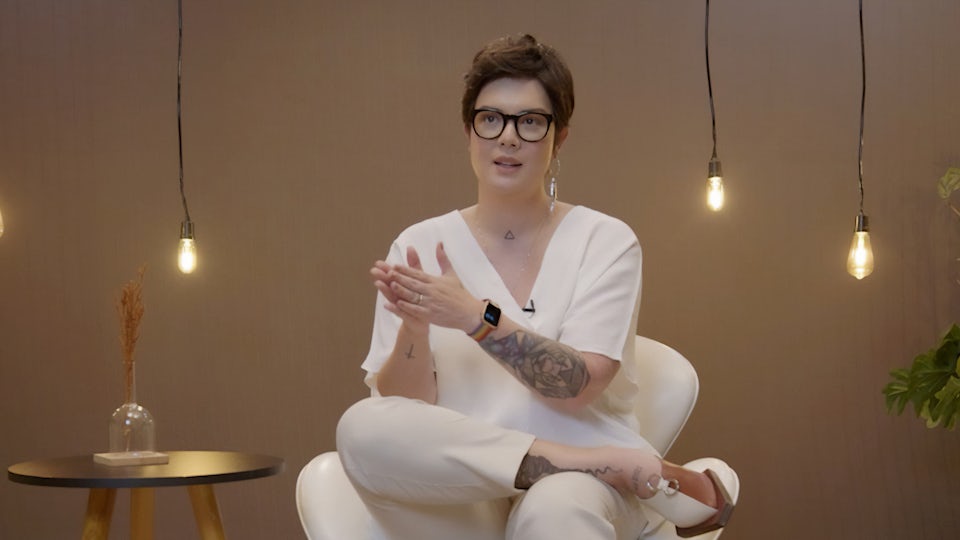← More
Luanne Calvert
Start-up advisor and ex-CMO Virgin America • San Francisco
Luanne Calvert has decades of experience shaping some of the world’s leading brands. She served as CMO at Virgin America for 6 years, has consulted for Fendi and Moleskine, and served as Google’s first Creative Director, launching groundbreaking products like Gmail, Maps, Shopping, Apps and Android.
Luanne highlights the importance of being customer focussed, and speaks to the fact that CMO’s need to be comfortable with a loss of control in today’s marketing environment.
More episodes
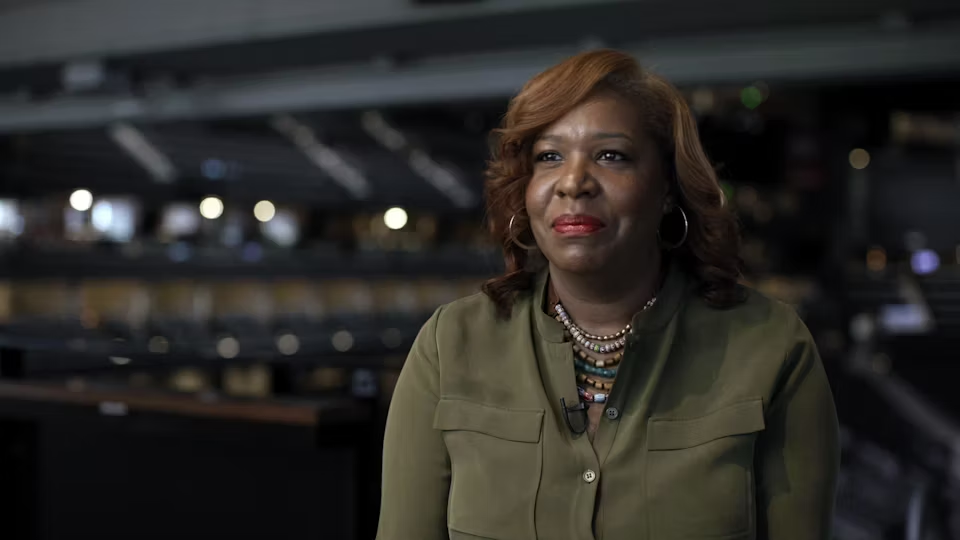
Janet Smith
Vice President of Brand Communications - Atlanta Hawks & State Farm Arena • Atlanta
With stints at Jive Records, Red Bull, Habitat for Humanity International and now the Atlanta Hawks, Janet Smith has had an impressive career in entertainment and experiential marketing.
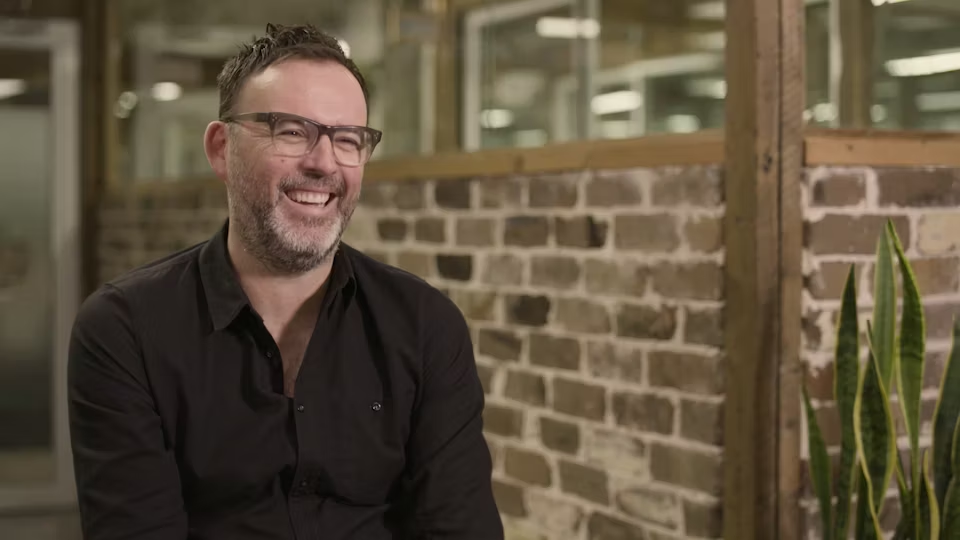
Brent Smart
CMO at IAG • Sydney
As CMO at IAG Insurance and ex-CEO at Saatchi & Saatchi New York, Brent Smart knows how to change the fortunes of businesses from the inside out.
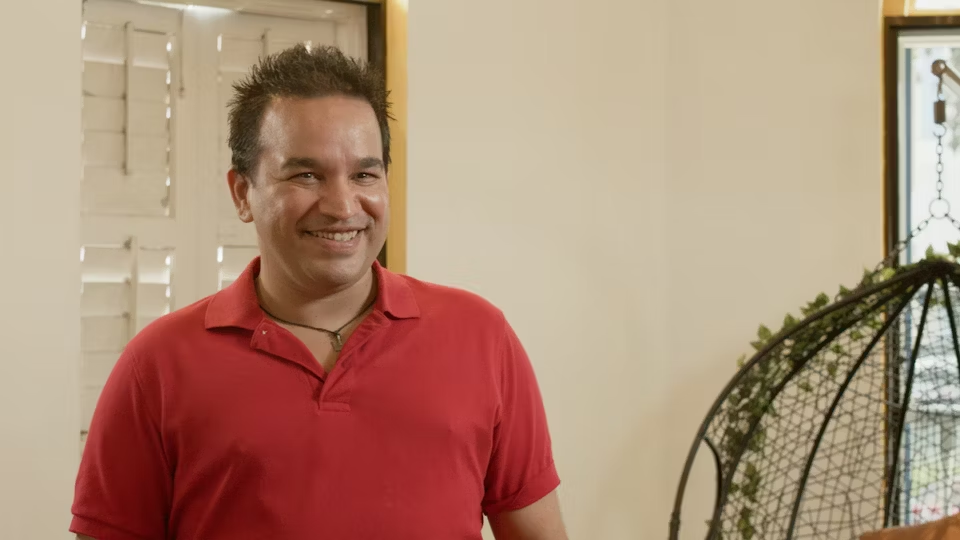
Aseem Puri
CMO Unilever International & CEO Unilever Korea • Singapore
Aseem leads marketing, innovation and digital communications for Unilever International, responsible for managing brand building for a billion dollar portfolio.
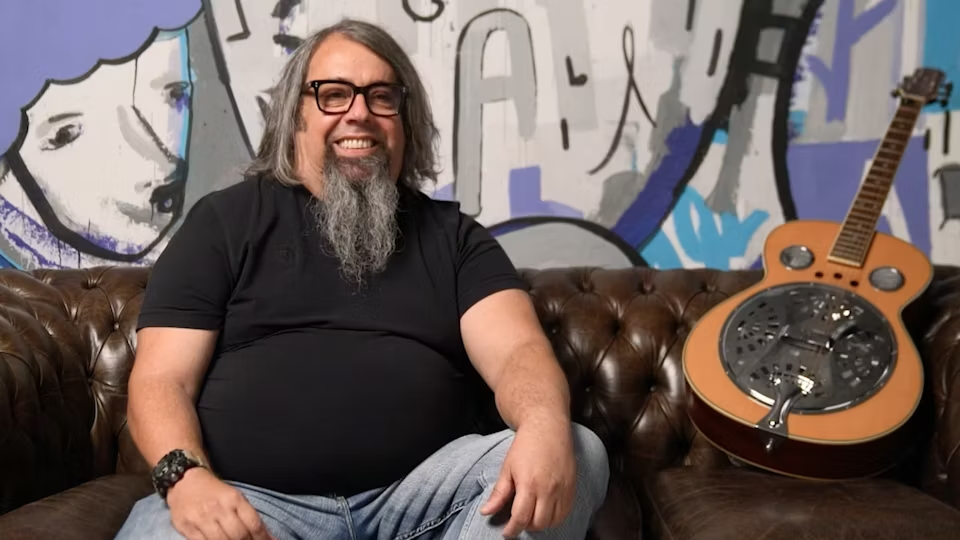
Paulo Silva
Board Member, Advisor & Internet pioneer • São Paulo
An internet pioneer in the 80s and ex-CEO of Walmart.com in Brazil, Paulo Silva has over 25 years experience leading high performance teams across Latin America. He’s currently the founder and managing partner of RockOn Advisors.
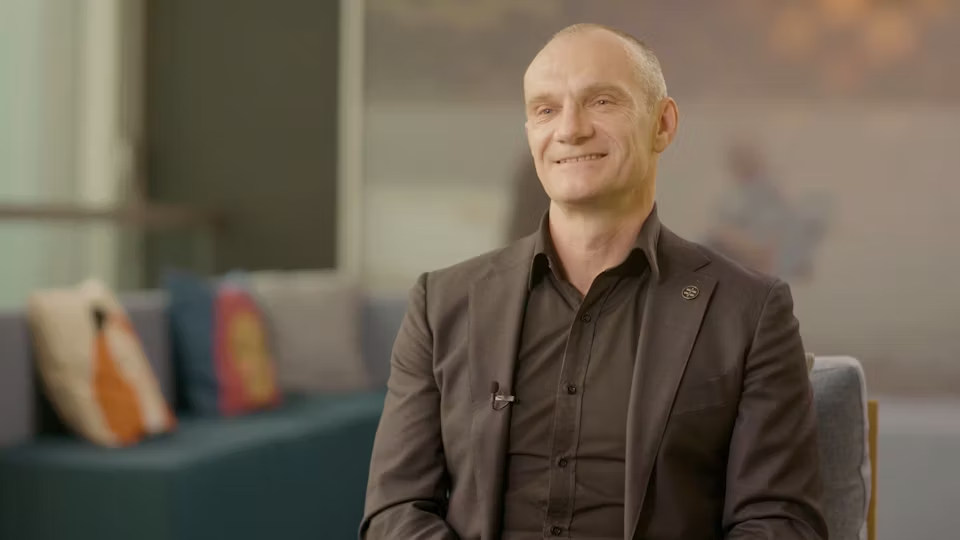
Andrew Waddel
General Manager - Australia, Tourism New Zealand • Sydney
Andrew heads up Tourism New Zealand's marketing and business operations in Australia. His 20 year career has seen him work on iconic brands such as Red Bull, Stella Artois and Beck’s.
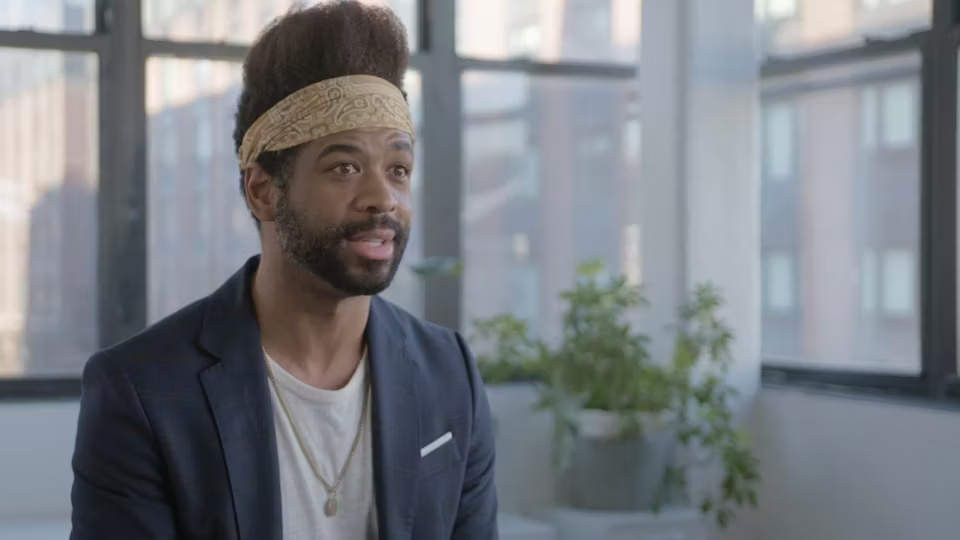
Lamar Dawson
Senior Marketer in Multicultural Beauty • New York
Lamar has helped some of the world's most iconic brands tell their stories through digital channels, including L’Oréal, Pepsi, Oreo and Nike, and is currently focussing on multicultural beauty.
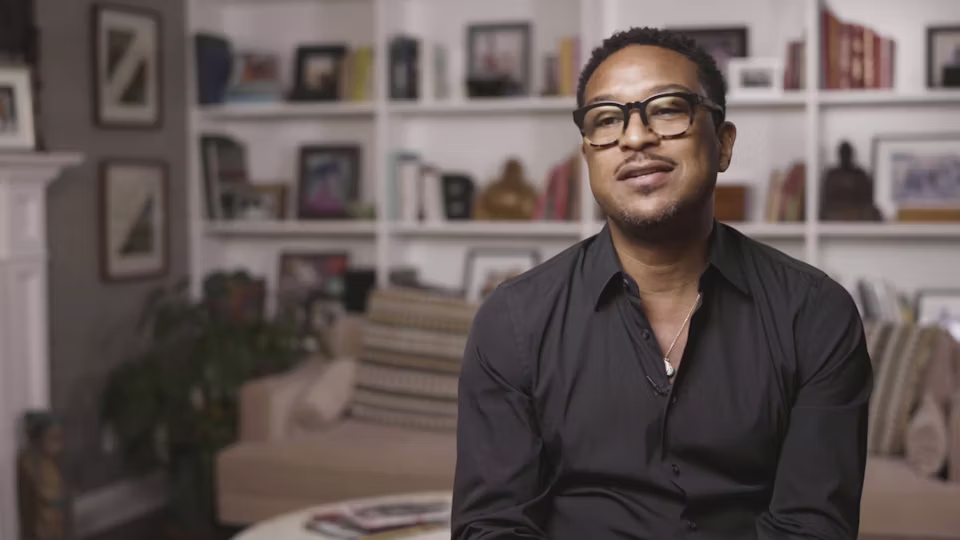
Jeff Burroughs
Senior VP, Def Jam Recordings • New York
A music industry veteran, Jeff’s illustrious career has seen him hold senior positions at Columbia Records, Bad Boy Recordings and Syco Entertainment.
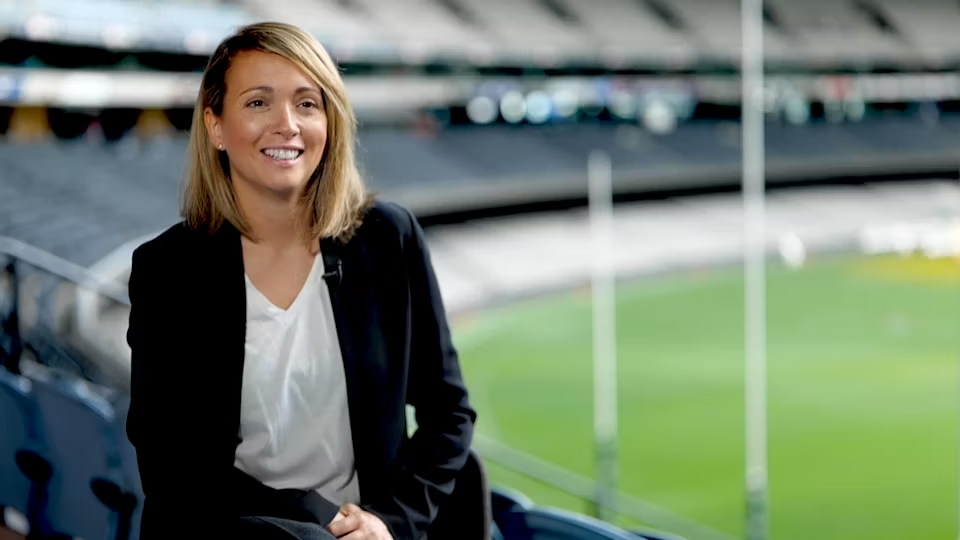
Sarah Wyse
General Manager - Digital, Media & Marketing, AFL • Melbourne
With almost 20 years global experience specialising in the digital media and advertising technology sector, Sarah is currently overseeing the core news, content, creative and production teams of the AFL.
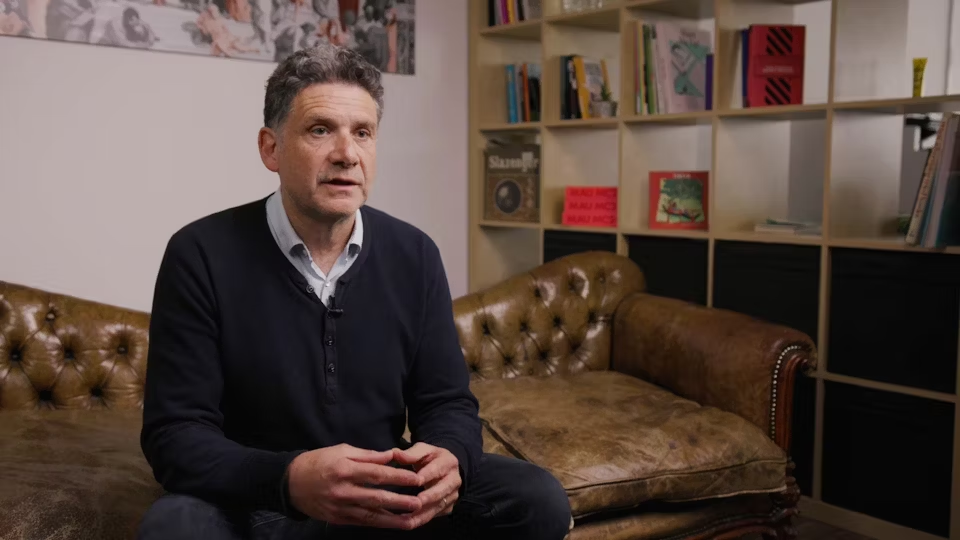
David Alberts
Co-Founder of Been There Done That • London
An ex-Grey veteran, David’s career has also spanned stints at Mojo, BBDO and Bates. He set up Been There Done That in 2014 to provide a new model for brands to access creative strategy.
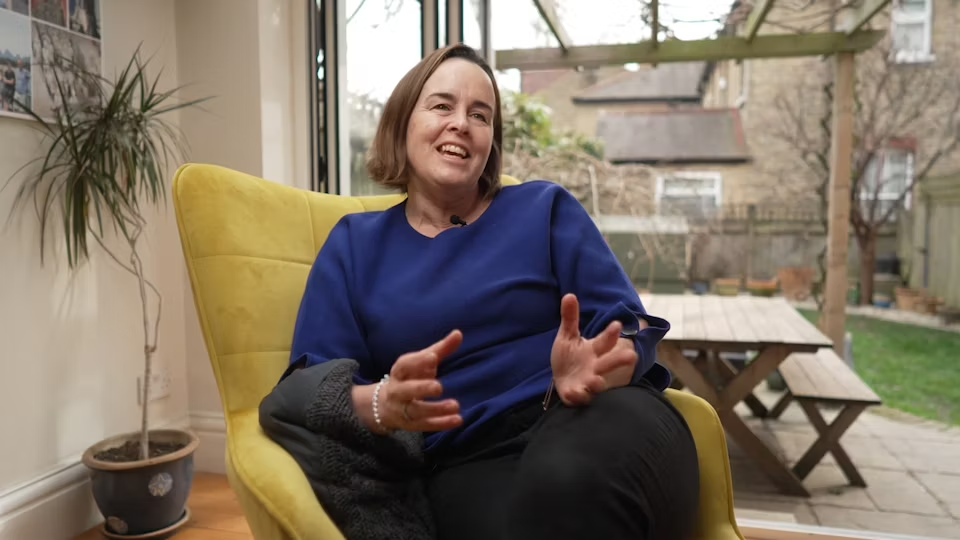
Annabel Venner
Marketing Consultant & ex-Global Brand Director, Hiscox • London
Annabel currently runs a marketing consultancy after an impressive marketing career, including 11 years at Hiscox Insurance and 9 years at Coca-Cola.
Transcript
I’m Luanne Calvert, I am a board member and advisor to startups currently, and recently the chief marketing officer at Virgin America.
Well I think what’s interesting is about the disruption that I've seen over the course of my career, is some of the things that haven't changed, which is the need for creativity, imagination, storytelling and the need for measurability.
But what technology as the main disrupter has provided is a chance to really enhance and to build and blow out both of those, so that there's' no limit to your imagination and I hope that there's a continued evolution of the measurement aspect of marketing.
I think the difference in how businesses adapt to disruption, a lot of time depends on the size and the legacy of the businesses, versus if they're starting from scratch as more of a startup. So, the larger companies do end up having the advantage of having deeper resources, but a lot of the time, are slower to move and to adapt technology.
So for example, at Virgin America, because we were building from the ground up, we were able to have the latest technology for our website, we were able to have 100% fleet wide wifi for all of our customers, we were able to do, better reservations system, you know because it was built from the ground up, as a startup company.
So these forces of disruption have changed the role of a marketer, in some ways, but again in a lot of ways things dont change. I think that companies that have always been focussed on the customer and listening to what they want, will be able to always have a significant advantage - that hasn’t changed.
What has changed is first of all, our ability to hear what the customer wants. So for example, I'm using the airline industry, the fact that we get to see first hand from all these great and helpful videos out there, what customers are looking for, what they don't like, or even on social media you know that direct line back to the companies back to the marketing team, we get to hear immediately what customers want.
So for us, for example, at Virgin America, we knew that things like, having more room, or having like you know a sleek interior, or giving people more options so they have control, so that they get a drink when they want to, they can use seat back ordering to get a beverage when they want to. So getting that kind of feedback I think has really helped to put the disruption in a way that customers want to have it.
I think Google was an interesting experience as well, in terms of the disruption and how the products were, but I think that what was really unique about Google was the idea that not just the products were useful, but that the marketing was also meant to be useful.
Another aspect of working at Google was the whole philosophy there that's really unique around launching early and launching often. So having things that were tested for years was not as important as having a constant flow of new products. So what that meant from a marketing and branding standpoint is that the company was open to having conversations about what was working, and also what wasn't working about the products. So being able to handle the negative publicity that would come out, was an important part of taking out the fear that enabled us to continue to support products that were launching early and often.
I think the other thing that's been interesting as marketing has evolved over the years, that has created a lot of disruption, is also the need for marketers to understand this loss of control and how that's changed the way we interact with our customers. Because there is really no control, you do maybe need to, if you’re a CMO, and you're still trying to control things, it's going to be really difficult because the customers, your clients, they're really, they're telling the stories out there for you.
I think one thing that will continue to evolve and change too is the role that that CMO has, or that marketing has, in terms of encouraging the conversation to go in the direction that you want to, by how talk about the products or the features as they launch, and getting that conversation moving, but being able to control it those days are gone.
The other example is that when we launched Android, we knew that it was going to differentiate from iOS, as an open platform, but we had a really strong competitor, so we just really tried to own that idea that we were not the controlling product, that we were going to actually build the first ever logo, where customers could play around and re-create the logo with the tools that we were going to give then. So it was an open platform logo experience for people and they loved it.

